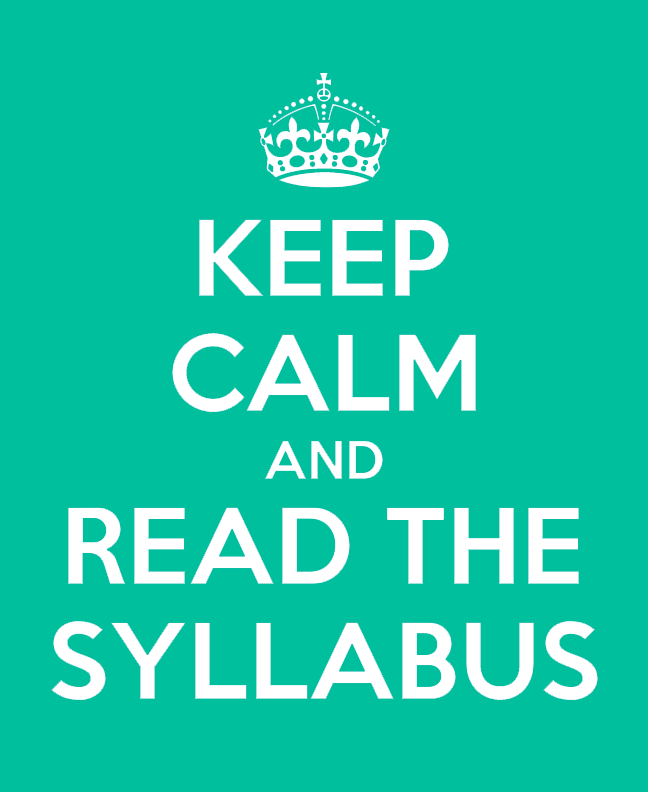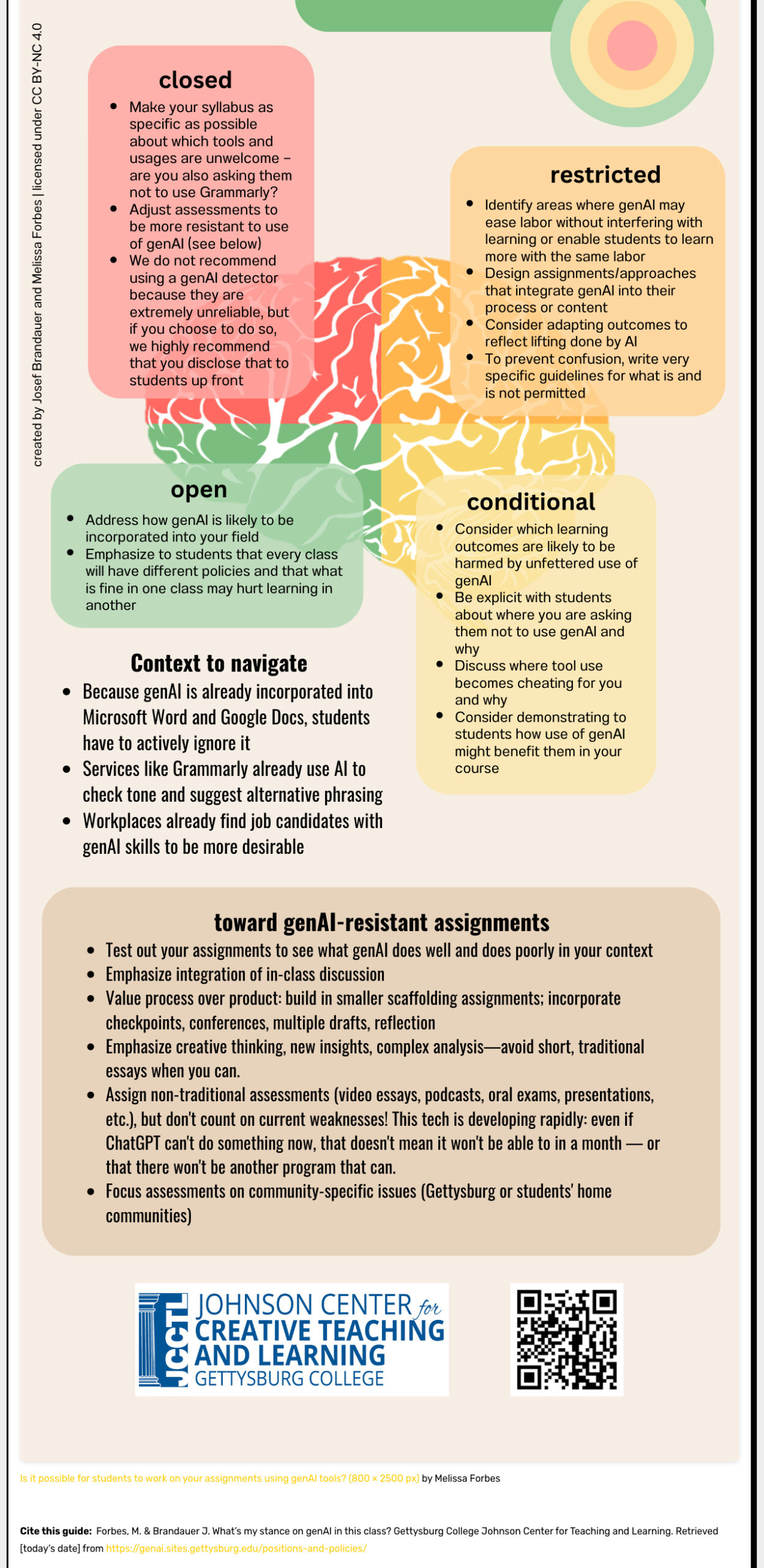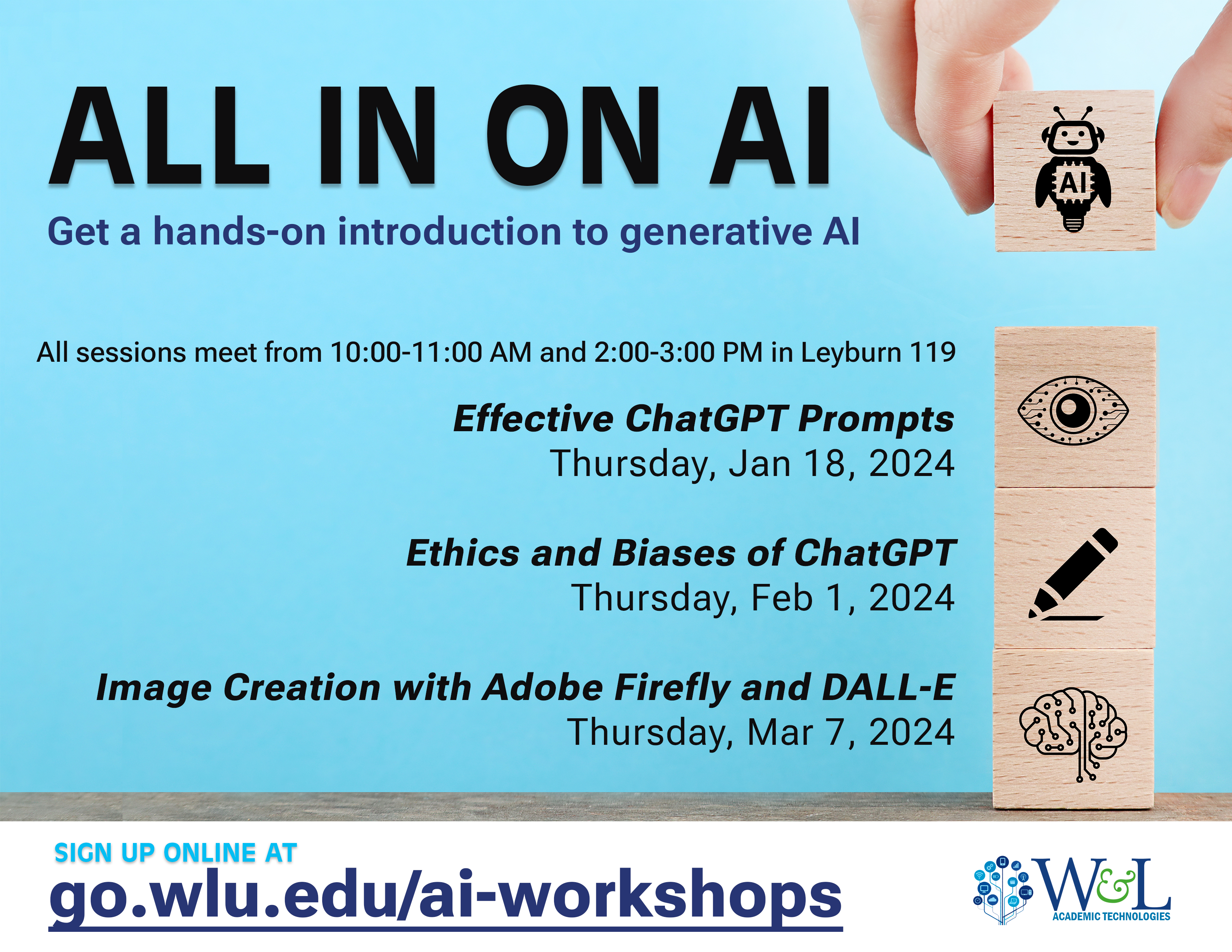 Feedback literacy is the ability to effectively seek, give, receive, process and use feedback and it’s a critical skill for students to develop to be successful in both the classroom and in their future careers.
Feedback literacy is the ability to effectively seek, give, receive, process and use feedback and it’s a critical skill for students to develop to be successful in both the classroom and in their future careers.
The five key dimensions of feedback literacy include:
- Giving Feedback: Teaching students to provide clear, respectful, and actionable feedback to others.
- Seeking Feedback: Encouraging students to proactively seek constructive insights to improve their performance.
- Receiving Feedback: Helping students learn to actively listen and understand feedback without immediate judgment.
- Processing Feedback: Guiding students to reflect on feedback and decide its applicability.
- Using Feedback: Encouraging the application of feedback to make informed improvements.
As educators, we are in the perfect position to guide students in understanding and practicing the many facets of feedback they will encounter professionally.
Cameron Conaway, adjunct professor in the Professional Communication master’s program at the University of San Francisco and a team leader in the People, Policy & Purpose organization at Cisco, outlines a 5-step approach for developing feedback literacy in the classroom:
- Discuss feedback and co-create a definition with students. Share why feedback has been important in your own career and have students work together to define effective feedback.
- Introduce the concept of feedback literacy. Explain the 5 components – giving, seeking, receiving, processing, and using feedback. Discuss each with real examples.
- Plan progressive feedback practice. Start with encouraging positive feedback, then provide assignments where students practice giving and receiving feedback in pairs. Seek feedback from students as well.
- Mix synchronous and asynchronous feedback opportunities. Provide both in-class feedback exercises and asynchronous opportunities for students to provide feedback on each other’s work.
- Ensure students get feedback on their feedback literacy skills. Reinforce when students demonstrate effective feedback skills and create opportunities for peers to provide feedback to each other on their feedback.
By intentionally incorporating feedback literacy development into our teaching, we can help students build the skills and comfort with feedback that will serve them well in their careers. As a bonus, seeking and using feedback from students can make us better educators as well.
To learn more about developing feedback literacy in your students, including specific exercises and discussion guides, be sure to read the full article at













